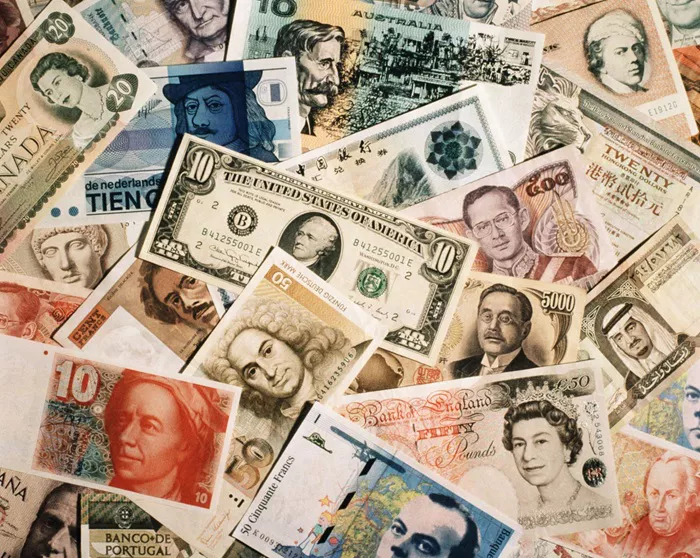The Japanese yen and Swiss franc surged to multi-month highs against the U.S. dollar on Friday, driven by a sudden downturn in U.S. manufacturing and growing fears of an economic slowdown. This shift prompted a sharp decline in both stock markets and bond yields.
The British pound fell to a one-month low, dropping nearly 1% overnight, as the Bank of England initiated a cautious rate-cutting cycle. Similarly, the euro slipped to a one-month low following dovish remarks from the European Central Bank (ECB).
On Friday, the yen strengthened by approximately 0.2% to 149.085 per dollar, briefly reaching 148.51—its highest level since mid-March. The Swiss franc rose to 0.8726 per dollar, its strongest since early February.
These were the only major currencies to gain against the dollar, which paradoxically serves as a safe-haven asset despite being the source of economic concerns.
The Australian dollar, sensitive to risk, fell 0.14% to $0.6493, continuing its previous session’s 0.52% decline. The downturn followed a major selloff on Wall Street, which saw Japan’s Nikkei index plummet more than 4% and South Korea’s Kospi drop 2.5%.
U.S. 10-year Treasury yields fell by 14 basis points to 3.965%, breaking below the 4% mark for the first time in six months.
Tony Sycamore, a markets analyst at IG, commented, “There was no refuge from the bleak economic data overnight, which intensified fears of a hard landing.”
The U.S. economic outlook will face a critical test later on Friday with the release of monthly payroll data. A weak report could heighten concerns about a hard landing and increase speculation about a 50-basis-point rate cut by the Federal Reserve in September, Sycamore added.
Following the dismal manufacturing data, traders are now estimating a 27.5% chance of a 50-basis-point rate cut by the Fed on September 18, up from 12% the previous day, according to CME Group’s FedWatch tool.
The British pound declined 0.09% to $1.2723, hitting a low of $1.27215—the weakest level since July 3. Bank of England Governor Andrew Bailey led a 5-4 vote to lower rates by a quarter-point to 5%, indicating a cautious approach moving forward.
The euro edged down 0.07% to $1.07845, after hitting a three-week low of $1.07775 overnight. ECB policymaker Yannis Stournaras warned of the risk that a weakening euro zone economy could push inflation below the 2% target, reinforcing his expectation of two rate cuts later this year.


